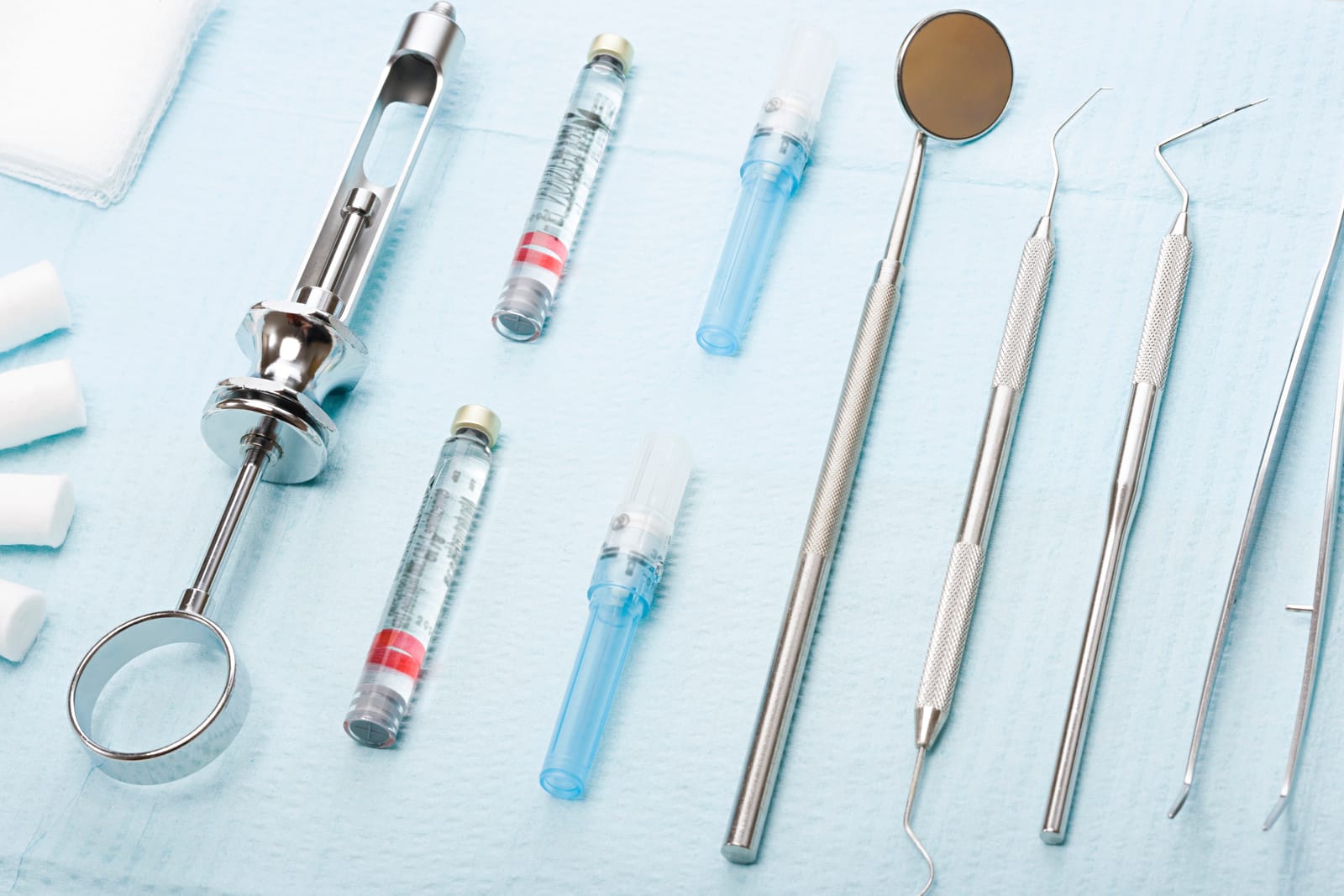The Different Types of Dental Implant Crowns

A dental implant crown is an oral prosthetic that is placed on the external-facing end of an implant. The two main types of crowns are popular nowadays; cement and screw-retained crowns.
Let us take a closer look at these different types of crowns to get a better understanding of their benefits and disadvantages:
1. Cement-retained implant crown
As the name implies, dental cement is used to attach this prosthetic to the post on the external-facing end of an implant. One of the most apparent benefits of this type of device is the aesthetics. It involves a simple procedure to attach, and it looks and feels just like a patient's natural tooth. The crowns used for this purpose can be made from a variety of materials like ceramics, porcelain, gold, silver, and composites.
2. Screw-retained implant crowns
These types of crowns are attached using a lingual and occlusal screw. These types of tops are designed with a hole on the occlusal or lingual part. This allows the dentist to connect the crown directly to the implant using a fixation screw. This type of crown installation might need to be periodically tightened or repaired to ensure a proper fit. The design makes it easier to perform most procedures on the crown.
Differences between a screw and cement-retained crowns
Each one of these types of crowns has its advantages and flaws. A significant benefit of a screw-retained implant crown is the fact it does not require cement for its installation. These types of crowns are a lot easier to remove since the dentist only has to unscrew it, but they are vulnerable to developing chips close to the access hole. These chips can quickly be repaired using tooth-colored fillings. Screw-retained crowns also tend to become loose over time, which requires the dentist to tighten or replace it.
Crowns that are cemented in place are more likely to cause inflammation or even bone loss. Inflammation typically occurs when some of the cement seeps into the gumline, irritating it. One significant disadvantage of cemented crowns is the fact of removing them for repairs can be quite a challenge.
Why dental implants are the best option for tooth replacement
Without a doubt, dental implants are the most effective way to replace a missing tooth. These devices mimic the behavior and function of a natural tooth and its roots, and that promotes healthy bone tissue. When a tooth is missing, the bone tissue starts to deteriorate since the jawbone is no longer being stimulated.
Implants also look like natural teeth, so it is virtually impossible to detect when a person has one. The maintenance requirement of implants is no different from taking care of natural teeth.
Unfortunately, not everyone qualifies for implants. Before installation, the dentist will examine the patient to determine if he or she has enough healthy bone tissue to support the device. Artificial bone tissue or bone grafting is typically used for those who barely miss the mark.
Are you dealing with a missing tooth or teeth? Schedule an examination with one of our dentists and find out if you qualify today!
Call (435) 628-9099 today to reach St. George Dental Care.
Recent Posts
A damaged or decayed tooth can impact your smile, confidence, and oral health. Fortunately, dental advancements such as permanent crowns provide practical solutions to restore both function and appearance. For residents in St. George, Utah, St. George Dental Care offers professional and dependable care for all your crown needs. This blog will cover everything you…
If you've recently had a dental procedure and received a temporary crown, you might wonder why things feel a bit… off. "My temporary crown feels weird" is a common concern patients express. This treatment plays a crucial role in restorative dentistry, yet the unfamiliar sensations it creates often leave patients feeling confused or concerned. At…
A porcelain dental crown is beautiful and luminescent and reflects light just enough to look like a natural tooth. Although porcelain crowns look natural, they are, in fact, artificial. Crowns can be shaped precisely in order to restore tooth damage and enhance your smile. This makes them very beneficial both physically and aesthetically.A crown can…
Getting same day crowns can quickly improve the appearance of your mouth, but there are other things to look forward to. This treatment can be a viable alternative to extracting teeth, getting a bridge, or having dental implants. You can enjoy using your teeth normally again without having to wait weeks for a crown. Learn…


